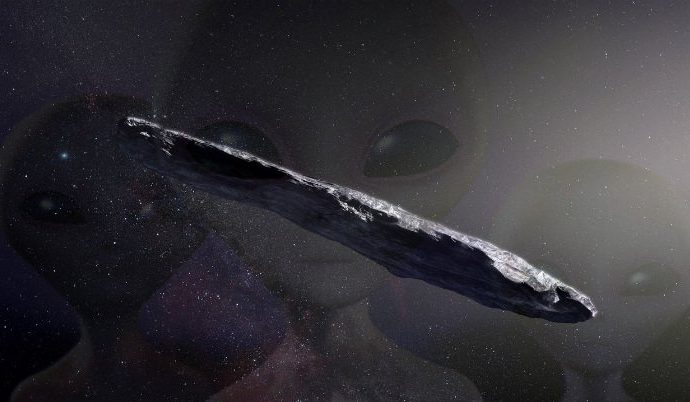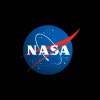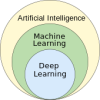When it comes to the potential that aliens might land on Earth, an invasion often comes to mind. Science fiction also has a place for the accidental infestation that might occur when an alien craft or asteroid crashes, though, and a new paper suggests the likelihood of this happening belongs firmly in the realm of reality.
Authors of this study estimated the capture rate of interstellar objects by means of three-body gravitational interactions to explore the implications of their model or the transfer of life by means of rocky material.
The study began a few months ago when the Pan-STARRS telescope detected the first ever interstellar asteroid, Oumuamua, and sought to determine its structure, origin and travel time. It eventually found with strong likelihood that there are thousands of such alien rocky material just floating around in our solar system, caught by our solar system acting as a de-facto “fishing net” from the ceaseless tug between the Sun and Jupiter. The study also says that some of these objects could have been trapped in our solar system for millions of years, hiding among recognizable objects.
“The notion that one can look for interstellar objects within our Solar system has also been explored widely in the context of the Search for Extraterrestrial Intelligence (SETI), except that the “objects” are extraterrestrial artifacts that are either defunct or operational,” reads the study. “We note that these artifacts could have either arrived by chance or sent deliberately, perhaps as a means of energy-efficient communication.”
Paper author Abraham Loeb compared the phenomenon to meeting a stranger at a family dinner.”You sit down for dinner and you’re looking around the table and you assume that everyone is a member of the family,” he said, but then realize there is someone there you don’t know. “Then you can learn about the outside world by examining that person.”
What makes this study even exciting is its determination that panspermia, or the theory that life on Earth came after our planet was inseminated with alien biology, could have easily happened.
“From a dynamical standpoint, several studies have investigated the feasibility of interstellar panspermia, and recent numerical simulations appear to suggest that lithopanspermia between members of the Solar birth cluster was quite feasible,” it reads. “Furthermore, it must be noted that comets and meteorites played an important role in our Solar system by transporting organic molecules to Earth; the delivery of these biomolecules imposes less stringent requirements than panspermia.”
These findings might seriously impact our understanding of life on this planet. “If a kmsized interstellar object were to strike the Earth, we suggested that it would result in pronounced local changes, although the global effects may be transient,” the study concludes. “Habitable planets could have been seeded by means of panspermia through two different channels: (i) direct impact of interstellar objects, and (ii) temporary capture of the interstellar object followed by interplanetary panspermia. There are multiple uncertainties involved in all panspermia models, as the probability of alien microbes surviving ejection, transit and reentry remains poorly constrained despite recent advancements.”
Suffice to say, Oumuamua’s recent discovery has rocked the scientific community and opened up endless new possibilities for understanding where life on this planet came from, and how life from other planets might come back. Meanwhile, telescope technlogy is advancing at a rate that will eventually let us observe these asteroids without a loss of clarity, while other telescopes do everything from educating us on how massive stars are born to revolutionizing our search for extraterrestrial life.
Source: Outer Places

































Leave a Comment
You must be logged in to post a comment.